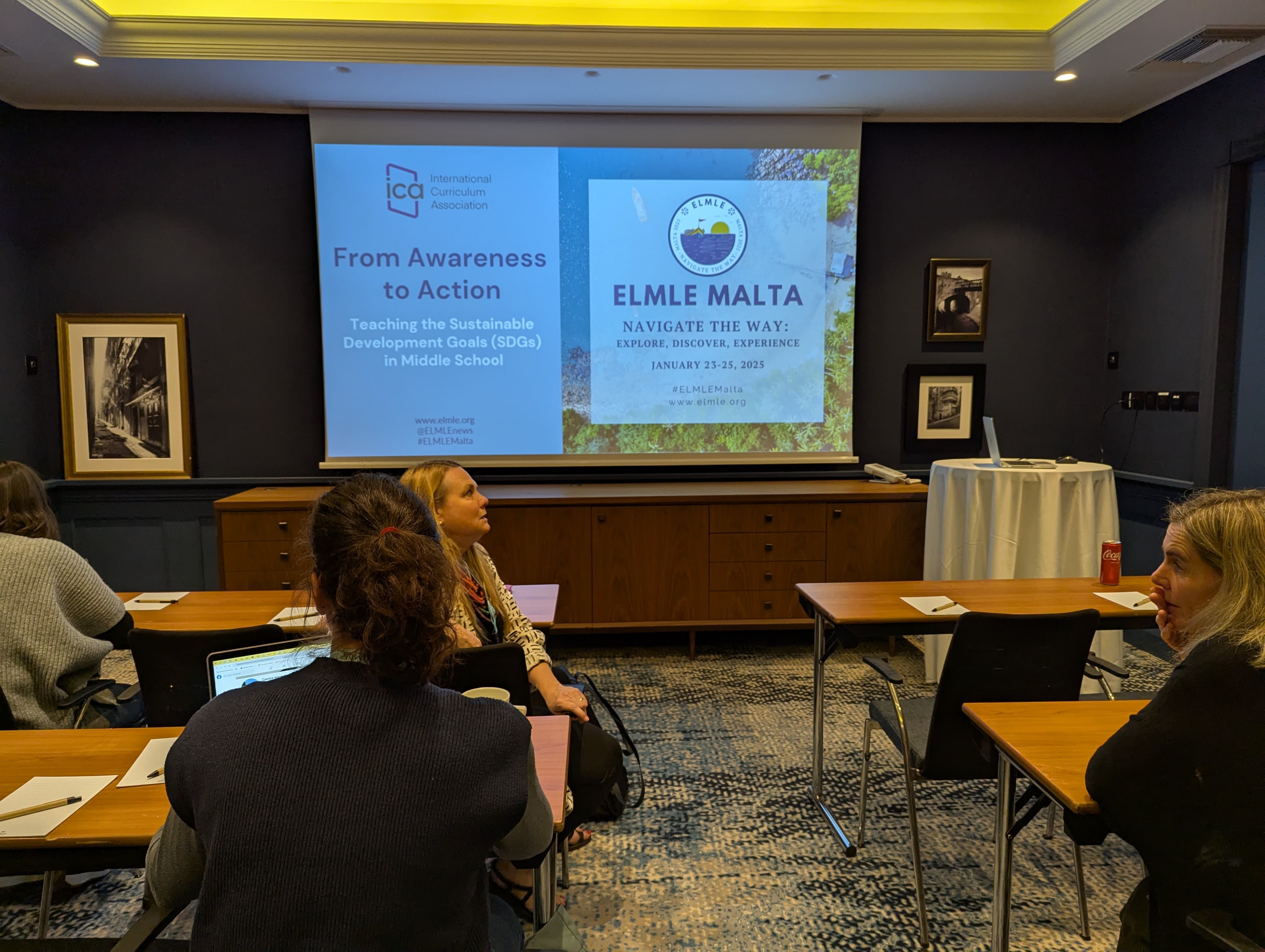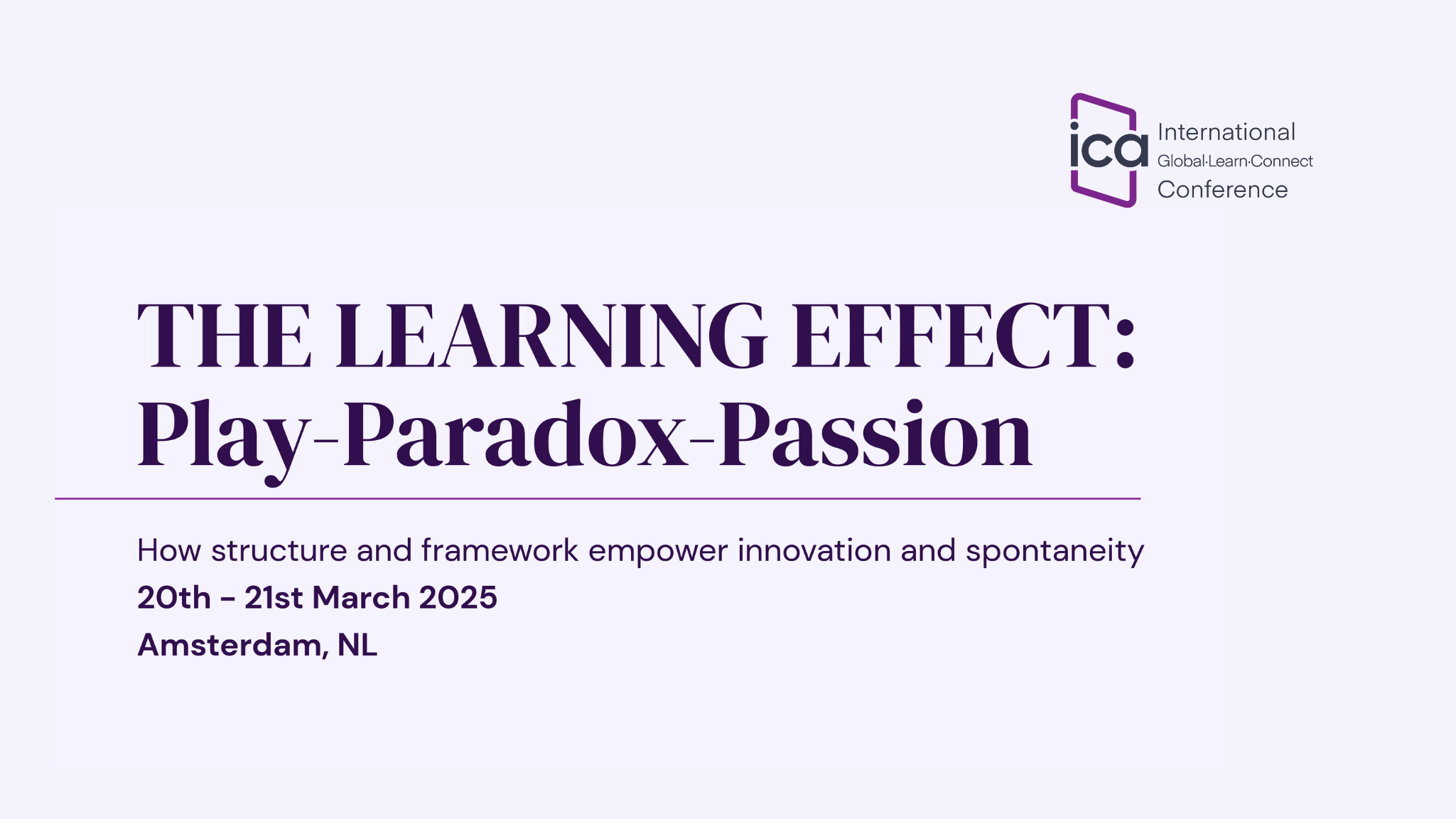Many national curricula around the world publish learning outcomes to be achieved within a certain age range, this concept of curriculum provides teachers and leaders with the ‘what’ of the curriculum but none of the ‘how’ and ‘why’. The International Curriculum Association has recently published a definition of curriculum encompassing four distinct facets – written, planned, experienced, and evaluated. The combination of these aspects provides schools with a comprehensive concept of curriculum encompassing philosophy and pedagogy alongside detailed Learning Goals.
Schools that choose to or are required to teach national or regional curriculum outcomes need to make research-informed choices to help make learning happen or select a curriculum solution that can meet the needs of both their learners and teachers while fulfilling any outcome requirements. By integrating subject areas, educators can create a more holistic and interconnected approach to teaching and learning, which can provide benefits for students. Below two established international schools in the Middle East share how they have integrated the International Primary Curriculum (IPC) with the English National Curriculum (NC).
At Brighton College, Dubai, rigorous inspections ensure curriculum coverage including checking attainment and progress in core subjects. For the foundation subjects they use the IPC which has allowed them to follow the structure/style of the English National Curriculum but select topics of more relevance to learners in the Middle East. Sarah Brannon shared how pupils were having difficulty relating to NC topics like ‘The Great Fire of London’ but the IPC unit ‘Moving People’ was fascinating and sparked incredibly thoughtful discussions and action projects. She states, “The benefits of using the IPC are very much related to the international context of our school, the relevance of the units to the pupils’ own experiences supports their interests and motivates learning.”
Each IPC unit can include learning related to the host, home, or heritage countries, with which learners have a connection. This brings a world perspective and develops local and global cultural understanding. This aligns with the KHDA (Knowledge and Human Development Authority) expectation for learning about the heritage and culture of the UAE as well as learners’ understanding and appreciation of their own and other world cultures.
Sarah Dillon from Compass International School, Doha, explains how they have integrated the IPC with other curriculum areas.
“We have meticulously mapped the IPC units and planned learning across each Milepost to ensure complete curriculum coverage that meets the NC requirements. We have also made a conscious effort to align our English learning with the IPC units integrating a range of English NC genres into the units of learning.”
Sarah credits the IPC thematic approach and its focus on International Learning with ensuring that NC requirements are met in an engaging, creative, and innovative manner that truly ignites the children’s passion for learning.
Fostering enthusiasm for learning is important at both Brighton College and Compass International School. Various studies have found evidence that intrinsically motivated students have higher achievement levels. At Brighton College, they recognise motivated teachers lead to motivated learners and improved learning. “Teachers like using the IPC because they can choose units in which they and the learners are interested. Teachers who are enthusiastic and excited about what they are teaching will transfer this to the pupils and learning becomes a dynamic process of exploring and finding out together about new topics.” Compass International acknowledges the role in the Process to Facilitate Learning that all IPC units follow as a motivating factor. During the Entry Point, the children’s memory of previous learning connected to the new unit should be activated. Following this, in the Knowledge Harvest, learners identify what they know and what they want to know, this learner agency motivates them to continue learning throughout the unit. This agency extends choice within learning, pupils can often select how they would like to learn or demonstrate their newly acquired knowledge. Regular reflection develops understanding and promotes metacognitive thinking, encouraging children to consider if their learning choices were effective.
The brain, metacognition and learning about learning are the focus of two IPC units in each milepost as Sarah Brannon explains, "the ‘Brainwave’ units at the start of each year provide an opportunity for pupils to find out about learning methods, to develop a growth mindset and to be involved in open and deep conversations about their aspirational learning goals.” These units aim to empower learners to plan, monitor and evaluate their learning. This research-endorsed approach, known to be more effective when “applied to challenging tasks rooted in the usual curriculum content” (i) transfers from the science of learning units to be utilised across the whole curriculum. Sarah Dillon appreciates that this focus on understanding how their brain works and how children like to learn is unique to the IPC.
Both Compass International and Brighton College are confident that their choice of curriculum solution improves learning through engaging, relevant content and research-informed pedagogy. Beyond the unit content, Personal Learning Goals contribute to the development of individuals and the school’s philosophy and culture. The 8 dispositions detailed in the IPC support learners with self-regulation, knowing themselves as learners and forming positive relationships. If learners are to flourish and overcome challenges, their dispositional qualities must be a key area of focus for teachers and school leaders. Enhancing academic learning with a suite of non-cognitive skills has also been associated with academic and life success. (ii) Personal learning cannot be confined to curriculum-specific activities or moments on the timetable; to be successful this learning needs to pervade across all aspects of the curriculum and the school community.
How do you know which curriculum solution will improve learning in your school?
Leaders should consider both the quality of the product but also how well it will fit with their school’s context, vision, and mission. Some questions that need to be asked and answered include the following.
Does the research basis of the curriculum align with those valued by the school?
Is the activity design based on research to best suit the age range of the learners?
Are learning experiences based on authoritative, researched pedagogy?
Does it make the teachers’ job of planning and delivery easier?
Is the curriculum flexible and adaptable to meet learner needs and engage with learner interests?
Does the curriculum provide opportunities for learners to ‘see’ themselves in the curriculum?
Does the curriculum meet the requirements of any chosen/assigned written curriculum?
Is it ambitious?
Whichever curriculum integration solution you choose, ensure that in the words of the OECD, “it maximizes the potential for the effective enhancement of learning.” (iii)
With thanks to Sarah Brannon, the Head of Preparatory School at Brighton College in Dubai and Sarah Dillon the Head of Primary, Madinat Khalifa campus at Compass International School in Doha, an IPC Accredited School.
(i) Metacognition and self-regulation
(ii) The impact of non-cognitive skills on outcomes for young people
International Primary Curriculum



